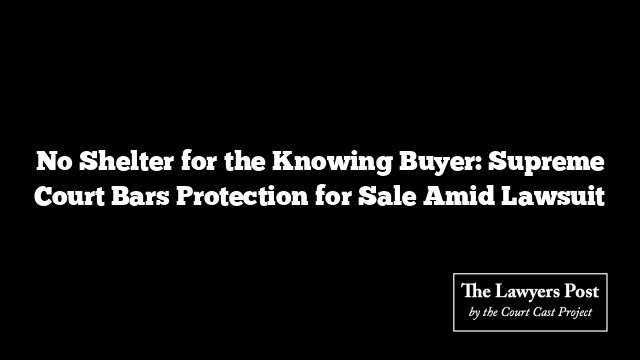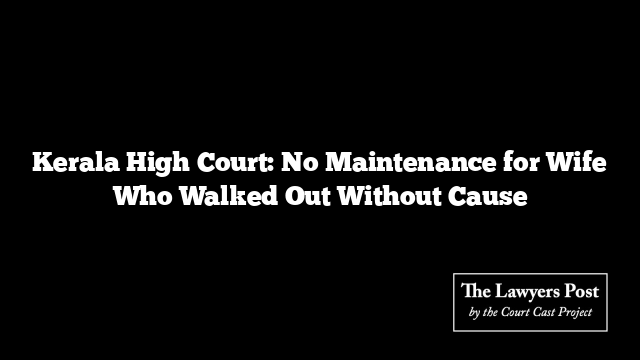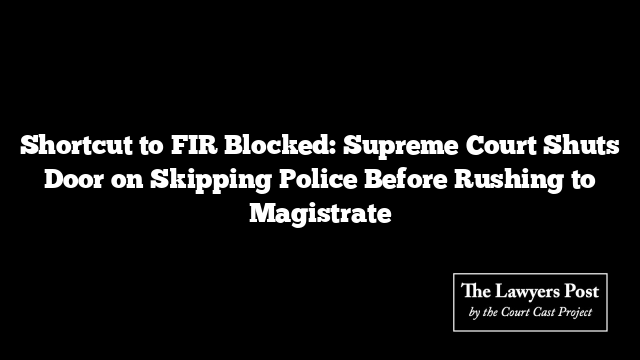In a stern reminder that the law won’t reward those who gamble on disputed land, the Supreme Court has ruled that a buyer who knowingly enters into a property agreement while litigation is ongoing cannot hide behind Section 53A of the Transfer of Property Act, 1882.
The court made it clear: possession under part performance offers no shield if the buyer was already aware that a legal battle was underway over the property. The judgment slams the door on attempts to stall rightful decree holders by invoking protections not meant for those who stepped in with eyes wide open.
The bench, consisting of Justices Sudhanshu Dhulia and Prasanna B. Varale, heard the case involving a tangled dispute over two pieces of land—referred to as ‘A’ and ‘B’ Schedule properties. The roots of the conflict trace back to a Will executed in favor of one respondent, which sparked a civil suit. In the middle of the fray, the appellant stepped in and signed a sale agreement with the original owner—despite knowing the matter was already in court.
The lower courts had no sympathy. The trial and appellate courts ruled in favor of the respondents. The executing court even gave the appellant three months to collect ₹40,000—his advance—and hand over possession. The appellant, refusing to go quietly, challenged the decision, claiming the executing court lacked the authority to grant that three-month window and, crucially, sought refuge in Section 53A.
The Supreme Court wasn’t convinced. Relying on the 2004 judgment Chandi Prasad v. Jagdish Prasad, the bench upheld the decisions of the lower courts. It noted that once the appellate ruling merged with the trial court’s verdict, any prior deadlines lost their bite. More importantly, the top court found the appellant’s claim under Section 53A to be hollow—given that he had entered the agreement fully aware that litigation was alive and unresolved.
In a strong rebuke, the court stated that such rights acquired during litigation—pendente lite—are inherently limited. They cannot be stretched into tools to derail the execution of a legitimate decree. Blocking decree holders with such claims, the court added, has been “uniformly deprecated.”
Summing up the matter, the court found the appellant’s plea meritless and dismissed the appeal without hesitation.





